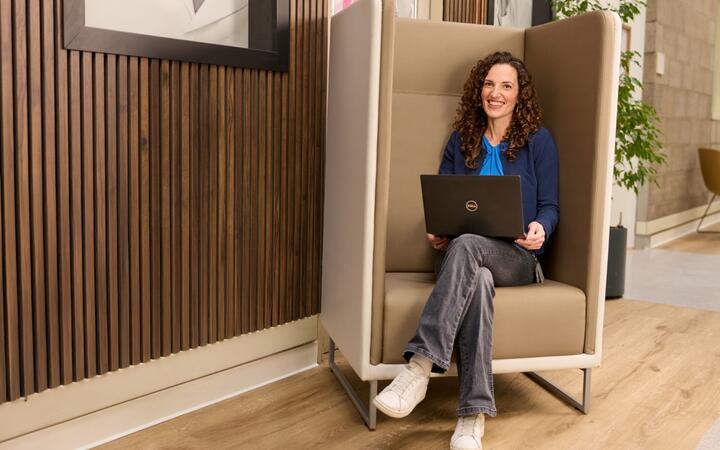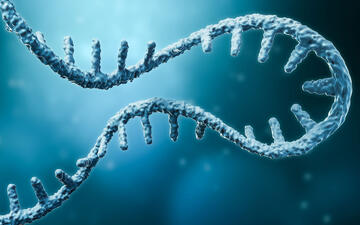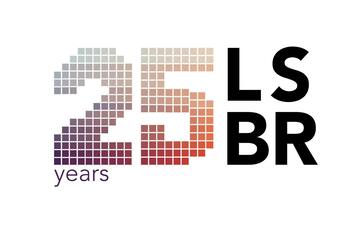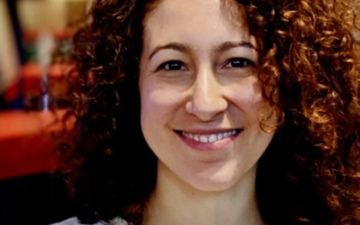Blood type array helps find a needle in a haystack for chronic patients
Determining 366 blood groups in a single test. Yes we can. Sanquin, together with international partners, has developed and validated a DNA test on a chip. This genetic test makes it possible to give more patients better-matched blood.
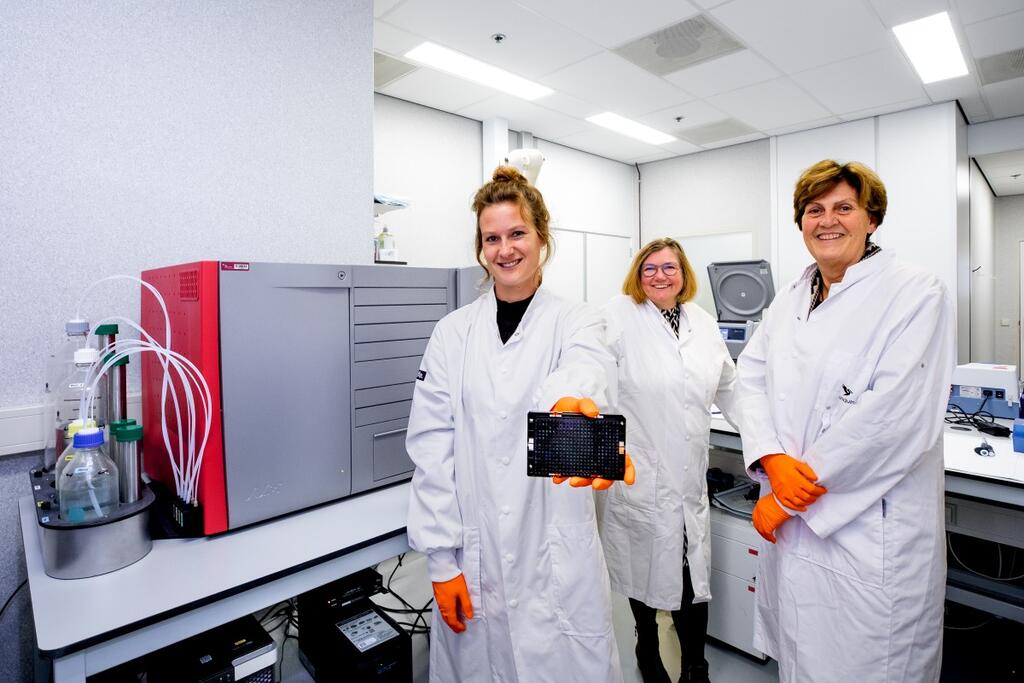
This is crucial for two reasons. Firstly, it prevents patients who frequently require blood transfusions, such as those with sickle cell disease, from developing antibodies against donor blood. Secondly, the chip is essential for patients with various conditions who have already developed antibodies against blood cells. The test then helps efficiently find donors with rare blood types on their red blood cells and platelets.
Why a new test?
The known blood groups ABO and RhD are always taken into account for every blood transfusion. But if people need transfusions more frequently, many more blood groups become important. There are approximately 400 in total. When the blood types of the patient and donor don't match properly, the patient can develop antibodies that break down the donor blood. The risk of antibody formation increases with each transfusion. Therefore, we protect patients by matching donor blood to the patient's blood types as closely as possible.
This is a challenge for patients with sickle cell disease, a form of hereditary anemia that primarily occurs in people with African ancestry. In the Netherlands, these are largely people of Surinamese and Caribbean descent. They often rely on blood transfusions. The blood type profile of these patients is rarely, if ever, found in the Dutch donor population, which is largely of Western origin.
Advantages of the blood group array
The new blood group array, as the DNA test is also called, can determine 366 blood types at once. This makes it much easier to find blood donors with rare blood types or blood type combinations. Sanquin researcher Lianne Koets: “These donors are already in our database, but we're far from recognizing them all because not all donors are typed for all blood types. They're like needles in a haystack. With this test, we are able to identify more matching donors for each patient.”
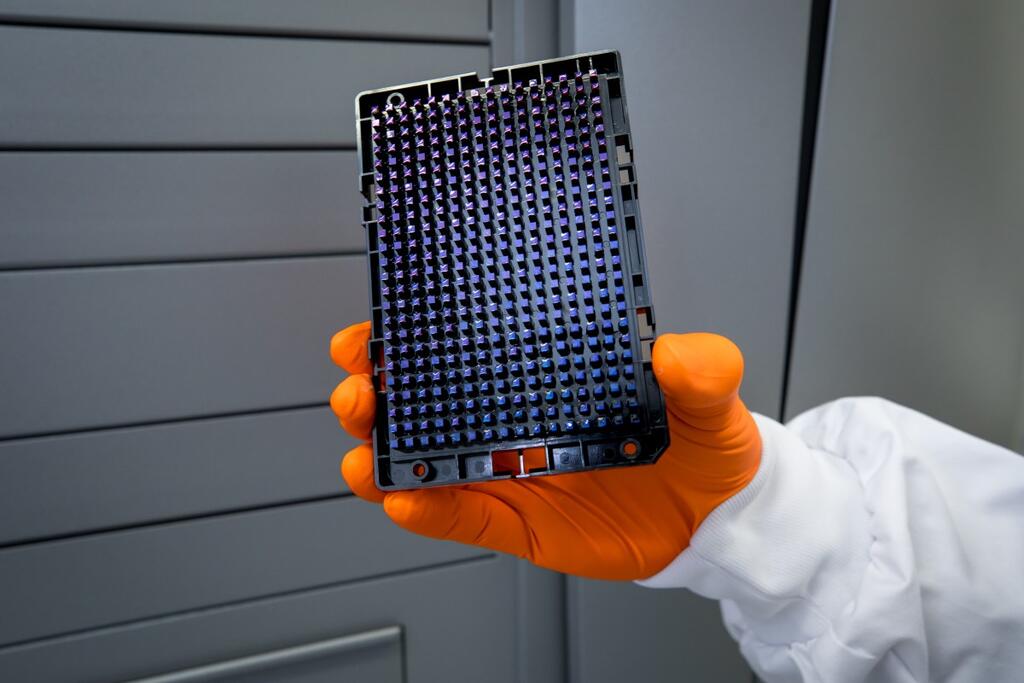
Furthermore, this array can also determine all blood types on platelets. The chip can also be used to type for characteristics that reveal information about iron metabolism, which can help the blood supply determine the optimal recovery time between two donations.
International validation
To validate the test, the new blood group array was compared with serological tests, currently considered the gold standard, using 7,000 blood samples from seven countries. This test uses reagents to detect the blood types on red blood cells.
The research was conducted within the international Blood Transfusion Genomics Consortium (BGC). The samples were tested in three labs: Sanquin, the NHSBT in Colindale, London, and the NYBC in Kansas City, MO, and the results were compared. They matched for over 99.9%. The new DNA test has now proven to be able to identify many more blood groups with a very high degree of accuracy. Even during this research phase, the new test has proven its worth, as several rare donors have already been identified in the Netherlands.
The results have been published in the journal Blood. Lianne, as co-first author of the paper, received MOC credit for its significant educational value. "Much credit goes to Professor Ellen van der Schoot, who will be retiring next year, and molecular biologist Dr. Barbera Veldhuisen," says Lianne. "This test is truly their life's work."
Next Steps
Sanquin is now investigating how and when to implement this new blood type test. A pilot study will begin soon, for which 15,000 donors will be invited through several collection centers. The genotype of the blood groups of a large proportion of the approximately 800 sickle cell patients in the Netherlands will also be determined.
Currently, Sanquin's National Screening Laboratory determines a maximum of about 20 different blood groups in donor samples, primarily serologically. The new blood group test will offer health benefits for various types of patients: patients who require blood with a rare combination of blood groups, such as those with sickle cell disease. The test also enables faster access to typed platelets.
